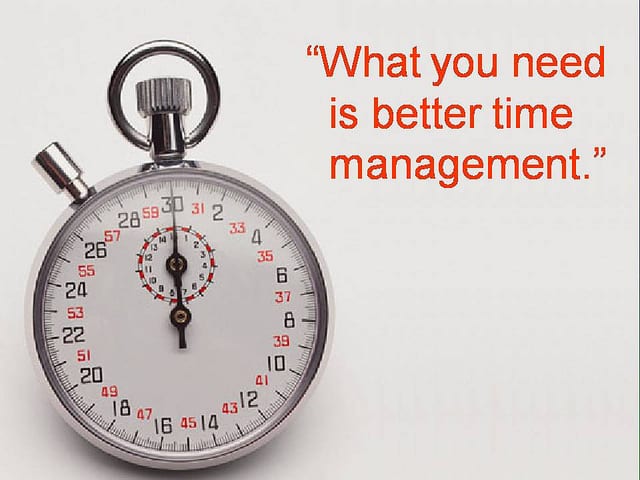by Jeff Eldersveld – June 2015 The most valuable thing any sports professional can give is time. It doesn’t matter what stage in the career – looking for a job, recent hire at a job, or a seasoned veteran – because how time is spent defines one’s self and, ultimately, one’s career advancement. Time management…Continue Reading 9 Ways to Best Use Time to Build Your Sports Career
9 Ways to Best Use Time to Build Your Sports Career


